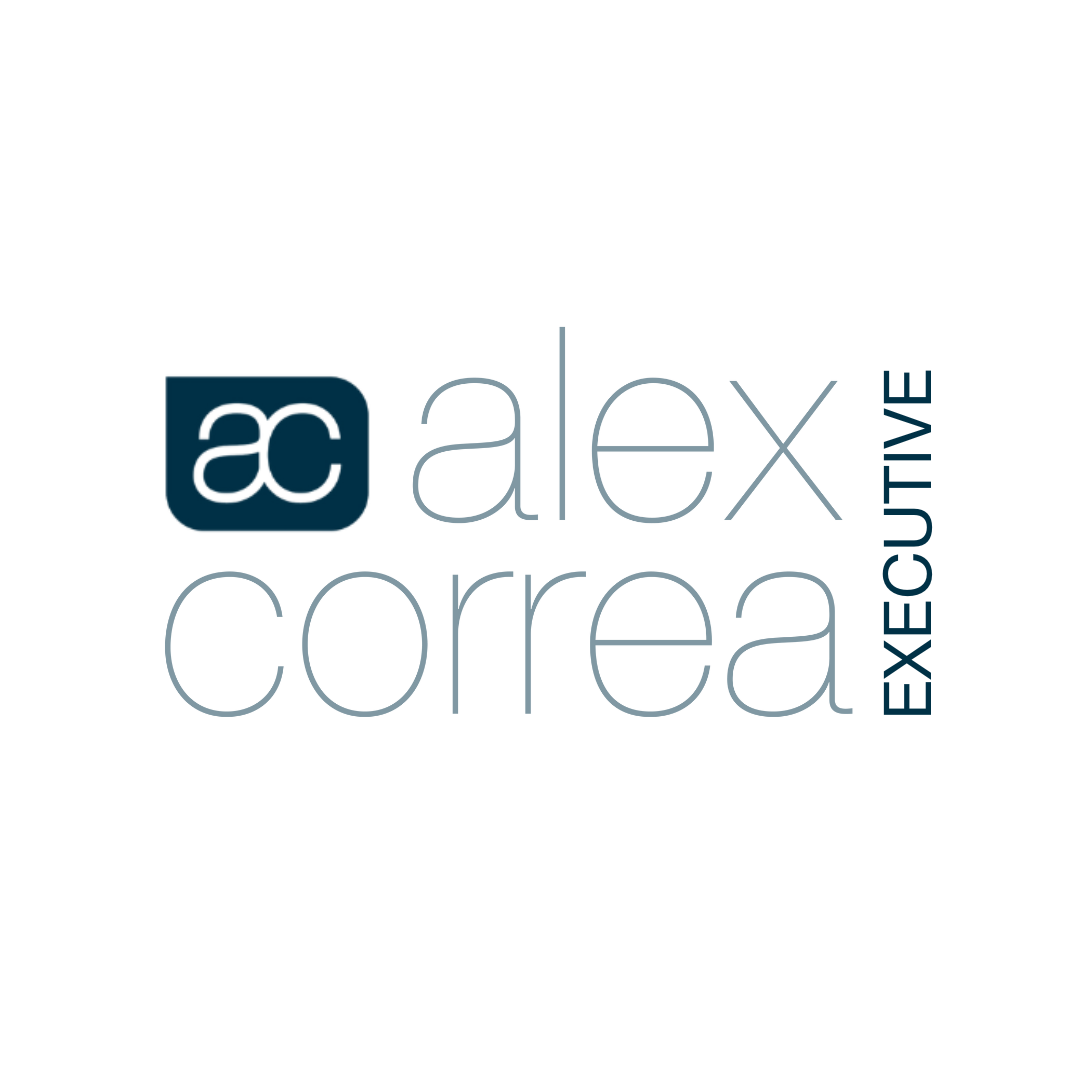
Your resume or CV is more than a career history — it’s your first opportunity to impress a potential employer and show why you’re the lawyer they’ve been searching for. In a competitive legal market like Queensland’s, where standout opportunities for General Counsel, Legal Counsel, and senior in-house lawyers are highly sought after, your resume needs to capture attention quickly and communicate value instantly.
At Alex Correa Executive, we review hundreds of resumes every month from lawyers at every stage — from junior solicitors to General Counsel. Even the most talented legal professionals can struggle to present themselves on paper in a way that’s clear, compelling, and relevant.
The key? A resume that is professionally written, easy to read, and tailored to the role you want next.
In this guide, we share our top 10 resume tips for lawyers and legal professionals, honed from years of experience recruiting for Queensland’s most respected in-house legal teams, government departments, and law firms.
1. Make It Easy to Scan
Recruiters and hiring managers typically give your resume 6–10 seconds in the first pass. If it’s difficult to navigate, your opportunity may be lost.
- Use dot points, bold headings, and clear sub-sections.
- Stick with professional fonts like Arial, Calibri, or Times New Roman.
- Keep formatting consistent from start to finish.
- Only include a photo if it’s specifically requested.
2. Start with a Professional Summary
Open with a concise statement that captures:
- Your legal expertise and areas of specialisation.
- The problems you solve and the value you bring.
- Relevant keywords from the job description.
If you’re changing practice areas, include an aspiration statement that explains why you’re making the shift and what transferable skills you bring.
3. Keep It Succinct
Aim for
3–4 pages. Focus on the most relevant matters for the role you’re targeting.
When listing cases or projects:
- Give the date, your position, and a short description.
- Include matter size, complexity, and your contribution.
- Maintain client confidentiality by describing the type of client rather than naming them.
Example:
2023 – Senior Associate, Litigation Team, ACME Law Firm
Acted for co-owners of a multi-million-dollar commercial property in relation to structural defects and delays.
4. Maintain Consistency
Don’t mix tenses. Choose either:
- Past tense (acted, advised, negotiated), or
- Past continuing tense (advising, representing, preparing).
5. Quantify Your Achievements
Hiring managers want to see results. Where possible, include:
- Dollar values (secured $5M settlement).
- Percentages (reduced contract turnaround time by 30%).
- Notable clients or publications (where permitted).
- Courts or tribunals where you’ve appeared.
6. Show Career Progression
Employers like to see a logical career path. Include:
- Dates of employment.
- Firm or organisation size.
- Areas of specialisation.
- Leadership responsibilities (led a team of 3 solicitors).
7. Highlight Your People Skills
Technical expertise is essential, but so are interpersonal skills. Include at least four relevant soft skills such as:
- Stakeholder management
- Complex problem-solving
- Team leadership
- Business development
Match them to the skills listed in the job advertisement.
8. List Qualifications & Memberships
Demonstrate ongoing commitment to the profession by listing:
- Post-admission study.
- Practising certificates (with date and jurisdiction).
- Memberships (Law Society, professional committees).
9. Include Volunteer & Community Experience
Pro bono work and community involvement show alignment with employer values. This is especially important for government and in-house roles with a strong corporate social responsibility focus.
10. Make Contact Easy
Include:
- Mobile number.
- Personal email address.
- LinkedIn profile link (ensure it’s up to date).
Check these regularly so you never miss an opportunity.
The Bottom Line
A well-structured, tailored resume significantly increases your chances of making the shortlist. Avoid overly designed formats that can’t be read by Applicant Tracking Systems (ATS) — particularly important for government and large corporate legal roles in Queensland. A clean, professional Word or PDF format is still the gold standard. Think twice before using Canva or Powerpoint - your skills and experience can't be read by most ATS's and it is highly likely your talent will be missed from the longlisting process. It's just not worth risking.
If you’d like access to our legal-specific resume templates (skills-based and chronological formats) or a confidential discussion about your career, contact Alex Correa Executive today.
We’ve helped lawyers across Queensland — from junior solicitors to General Counsel — secure roles in top-tier law firms, government legal teams, and leading in-house legal departments. Your next career move starts with a resume that works as hard as you do.
1. Why do legal resumes need to be ATS-friendly in Queensland?
Many large employers and government agencies use Applicant Tracking Systems (ATS) to shortlist candidates. If your resume contains graphics, text boxes, or images, the ATS may not read it correctly — meaning you could be overlooked even if you’re highly qualified.
2. How can I make my legal resume stand out from other applicants?
For legal roles, “standout” comes from clarity, relevance, and evidence of results — not flashy design. Use precise language, measurable achievements, and relevant keywords that match the position description.
3. Is there a preferred order for sections in a lawyer’s resume?
Yes. For most legal roles, the recommended order is:
- Professional Summary
- Key Skills / Areas of Expertise
- Career History
- Education & Admissions
- Professional Memberships
- Community / Pro Bono Work
4. How often should I update my resume if I’m not actively job hunting?
Review it every 6–12 months. Promotions, new matters, and professional development can quickly become outdated if you only update when you start job searching.
5. What common mistakes do lawyers make on their resumes?
We often see:
- Using the same resume for every application.
- Overloading with legal jargon instead of focusing on impact.
- Missing employment dates or leaving unexplained career gaps.
- Typos or inconsistent formatting — both are dealbreakers in legal recruitment.
6. Do Queensland employers value pro bono work in private practice resumes?
Yes. Many firms and in-house legal teams value community engagement, especially where it aligns with their corporate values. It can also highlight transferable skills like stakeholder management, leadership, and problem-solving.
7. Can I include career breaks on my legal resume?
Absolutely — but frame them positively. For example, mention study, professional development, or skills gained during the break. Many employers value transparency and career resilience.
8. How does a legal resume differ for in-house roles compared to law firm roles?
For in-house roles, emphasise business acumen, stakeholder engagement, commercial awareness, and breadth of legal work. For law firm roles, highlight technical expertise, billable achievements, and specialisation depth.
9. Should I have separate versions of my resume for in-house and private practice applications?
Yes, if you’re actively pursuing both. While the core information stays the same, the emphasis and examples should reflect the specific skills valued in each environment.
10. Can Alex Correa Executive help me position my resume for an in-house role?
Yes. We’ve helped lawyers at all stages — from junior legal counsel to General Counsel — transition into in-house careers. We know what Queensland employers look for and can help you tailor your resume accordingly.
Related Articles

Introducing Jennifer Tsatsaronis: Personalised Support for Legal Professionals Every Step of the Way










